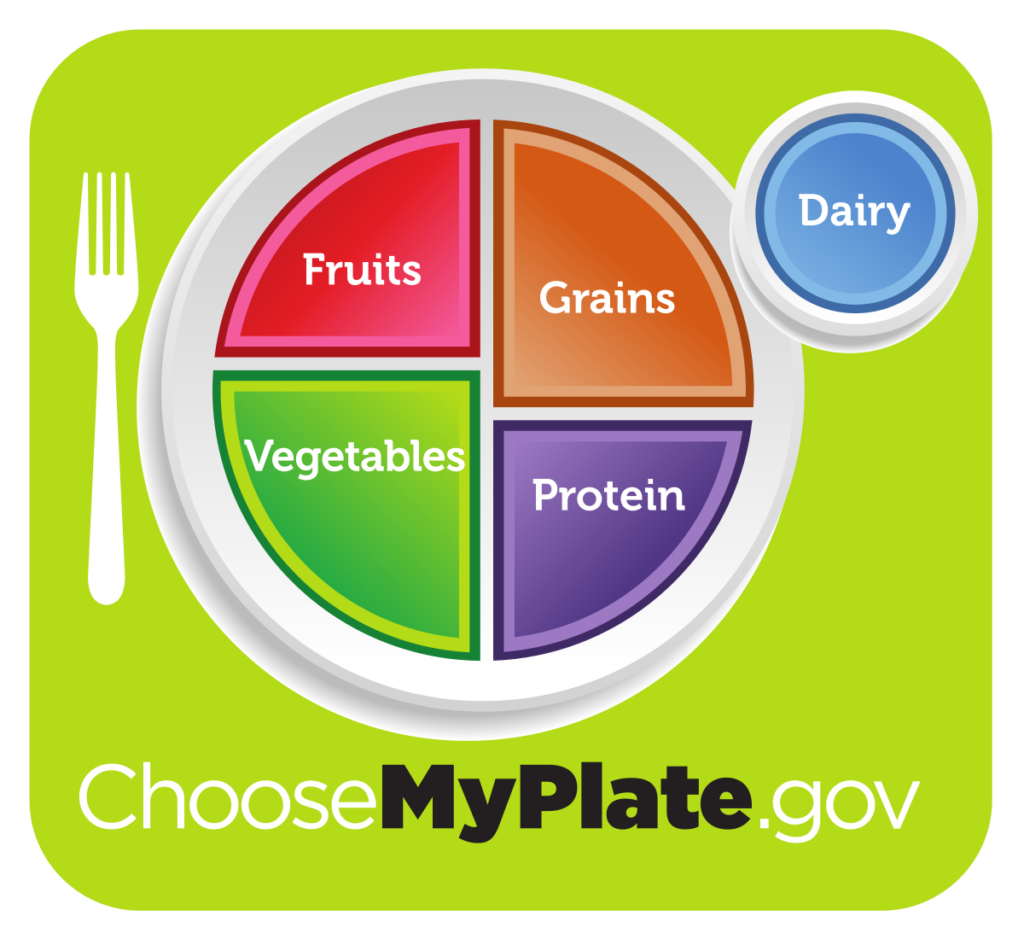
by Tomato Wellness | Feb 10, 2025 | Food and Nutrition
Canned tomatoes are a nutrition powerhouse, yet they are an often underrated pantry item. From cancer-fighting properties to heart, bone, and digestive health, here are 10 health benefits of canned tomatoes.
When you think of healthful pantry items, which ones come to mind? Hopefully canned tomatoes made the list! But if not, it’s understandable – canned tomatoes are often underestimated in the canned goods section. However, dive a little deeper, and you’ll uncover a treasure trove of health benefits packed within those humble cans. Here are ten surprising ways canned tomatoes can positively impact your health.

10 Surprising Health Benefits of Canned Tomatoes
- Rich in Antioxidants: Canned tomatoes are bursting with antioxidants like lycopene, which has been linked to reducing the risk of chronic diseases such as cancer and heart disease.
- Boosts Immune Function: These canned delights are brimming with vitamins C and E, both crucial for bolstering the immune system and warding off illnesses.
- Supports Eye Health: Loaded with beta-carotene, canned tomatoes promote good vision and may help reduce the risk of age-related macular degeneration.
- Enhances Skin Health: The vitamins and antioxidants in canned tomatoes contribute to healthy, glowing skin by combating oxidative stress and inflammation.
- Aids in Weight Management: Low in calories and fat but high in fiber, canned tomatoes can help you feel full and satisfied, making them a valuable addition to weight loss or maintenance diets.
- Promotes Heart Health: Potassium (found abundantly in canned tomatoes) supports heart function by regulating blood pressure and reducing the risk of stroke.
- Supports Bone Health: Canned tomatoes contain vitamin K, which is essential for bone health as it aids in calcium absorption and bone mineralization.
- Improves Digestive Health: The fiber content in canned tomatoes can help support a healthy digestive system by promoting regular bowel movements and preventing constipation.
- Anti-Inflammatory Properties: Compounds like lycopene and beta-carotene in canned tomatoes possess anti-inflammatory properties, potentially reducing the risk of inflammatory conditions such as arthritis.
- Boosts Mood and Mental Health: The presence of vitamin B6 in canned tomatoes plays a role in the synthesis of neurotransmitters like serotonin and dopamine, which regulate mood and may help alleviate symptoms of depression and anxiety.
How to Incorporate More Canned Tomatoes in Your Diet
Incorporating canned tomatoes into your diet can be a convenient and delicious way to reap these surprising health benefits. Try some of our favorite recipes to get started:
Summary
Don’t underestimate the nutritional prowess of canned tomatoes. They may be humble pantry staples, but their health benefits are nothing short of extraordinary. So, next time you reach for a can, know that you’re not just adding flavor to your dish—you’re also nourishing your body in ways you might not have imagined.

by Tomato Wellness | May 26, 2023 | Food and Nutrition, Health, Tomato Products
Research continues to show that eating a balanced variety of fruits, vegetables, protein, dairy, and grains can play a large role in overall health. While MyPlate serves as a guide to help us make healthy dietary choices, where do canned tomatoes fit into the picture?
MyPlate is an initiative by the United States Department of Agriculture (USDA), and provides practical guidance for building a healthy and balanced diet. It emphasizes the importance of including various food groups in appropriate proportions to meet nutritional needs. While fresh produce often takes the spotlight, canned tomatoes hold a unique position within the MyPlate guidelines.
Canned tomatoes offer numerous health benefits, making them a valuable addition to the MyPlate guidelines. These versatile ingredients are a part of the vegetable group within the MyPlate classification, specifically falling under the subcategory of non-starchy vegetables.
So, let’s explore the significance of including canned tomatoes in MyPlate and highlight the specific food group classification where they fall.
Nutritional Value of Canned Tomatoes
Canned tomatoes boast an impressive nutritional profile that contributes to overall health and well-being. Here are some key reasons why they deserve a place in the vegetable group of MyPlate.
- Vitamins and Minerals: Canned tomatoes are rich in essential vitamins, including vitamin C, vitamin A, vitamin K, and various B-complex vitamins. These vitamins play a vital role in supporting the immune system, promoting vision health, aiding blood clotting, and supporting energy production. Additionally, canned tomatoes provide minerals such as potassium, magnesium, and calcium, which are crucial for maintaining healthy bodily functions, including nerve transmission, muscle function, and bone health.
- Antioxidants: Canned tomatoes contain a potent antioxidant called lycopene. Lycopene is a carotenoid pigment responsible for the vibrant red color of tomatoes. It has been associated with a reduced risk of chronic diseases, including certain types of cancer and heart disease. Lycopene’s antioxidant properties help protect cells from damage caused by harmful free radicals.
- Fiber Content: Canned tomatoes are a good source of dietary fiber, contributing to digestive health and providing a feeling of satiety. Fiber aids in maintaining regular bowel movements, reducing the risk of constipation, and promoting overall gastrointestinal health.

Health Benefits of Including Canned Tomatoes in MyPlate
Incorporating canned tomatoes into your MyPlate guidelines offers notable health benefits, including:
- Cardiovascular Health. The combination of vitamins, minerals, and antioxidants in canned tomatoes supports heart health. The potassium content helps maintain healthy blood pressure levels, while lycopene and other antioxidants contribute to reducing the risk of heart disease.
- Cancer Prevention. Lycopene, the prominent antioxidant in canned tomatoes, has been linked to a decreased risk of certain cancers, such as prostate, lung, and stomach cancers. Including canned tomatoes in your diet can provide a convenient and concentrated source of lycopene, supporting your body’s defense against cancer development.
Incorporating Canned Tomatoes into Your MyPlate Guidelines
Now that we understand the health benefits of canned tomatoes, let’s explore how to include them within the vegetable group of MyPlate.
- Vegetable Side Dishes: Add canned tomatoes to vegetable-based side dishes, such as stir-fries, soups, stews, and sautés. They can enhance the flavors while providing valuable nutrients.
- Sauces and Salsas: Utilize canned tomatoes as a base for homemade sauces and salsas. Combine them with other vegetables and herbs for a nutritious and flavorful addition to your meals.
- Salads: Incorporate canned tomatoes into salads alongside fresh vegetables for added color, texture, and taste.
Summary
Canned tomatoes are a versatile and nutrient-rich ingredient that belongs to the vegetable group within the MyPlate guidelines. They offer essential vitamins, minerals, antioxidants, and dietary fiber, contributing to a healthy and balanced diet. Including canned tomatoes in your meals can support cardiovascular health, aid in cancer prevention, and facilitate weight management. By incorporating these flavorful ingredients into your MyPlate guidelines, you can enjoy the convenience and nutritional benefits they provide while diversifying your vegetable intake and embracing a more wholesome eating pattern.

by Tomato Wellness | Jul 2, 2021 | News
What’s one specific vegetable that is associated with high content of essential nutrients as well as antioxidant-rich phytochemicals? If you guessed tomatoes, then you are absolutely right! Learn more about the positive health effects of tomato products.
Tomatoes and tomato-based products contain a wide range of critical nutrients that keep your body functioning properly. These include (but are not limited to) vitamins, minerals, proteins, carotenoids, monounsaturated fatty acids, and phytosterols. The daily consumption of these nutrients are required in order to maintain a healthy lifestyle. Whether it’s in the form of ketchup, sauce, or paste, the antioxidant powers found in canned tomatoes can truly have a beneficial long-term effect on your health.
A recent research study provided evidence-based research that suggests the carotenoid found in tomato-based food products contains lycopene, which helps to prevent cardiovascular diseases, cancer, cognitive function, and osteoporosis. The positive correlation between the consumption of tomatoes and enhancement of the body’s antioxidants helps to reduce oxidative stress, which protects against DNA, cell, and protein damage. The consumption of tomatoes contains bioactive compounds that may also play a role in the prevention of constipation, reduction of blood pressure and blood cholesterol levels, improvement of digestion and body fluid balance, stimulation of blood pressure, and more. Boosting human health is our number one goal, and what better way to do so than by eating plant foods that we genuinely enjoy!
The benefits of canned tomatoes are an incentive to go out and purchase canned tomato products to get cooking in your kitchen. There are a wide range of recipes that you can whip up for you and your family to enjoy, such as pizza, pasta, tacos, and lasagna. These are easy, affordable recipes that will save you time and money while boosting your nutrient intake. If you’re new to cooking with tomatoes, check out some tomato-packed recipes found on the Tomato Wellness website for inspiration!
For other tomato news, check out:
Top 11 Reasons to Go Red with Tomato Products
Can Tomatoes Help Your Kid Eat More Veggies?
What is Lycopene?
Health Connection Between Tomatoes and Lycopene

by Tomato Wellness | Mar 16, 2021 | Health, News
What’s the health connection between tomatoes and lycopene? Researchers performed a review of 174 articles to determine the health outcomes associated with tomato and lycopene. In May 2020, this study provided evidence which supports the claim that consumption of tomatoes and lycopene are linked to numerous health benefits. Tomato intake has similar health effects to lycopene intake, as they are both inversely associated with mortality, prostate cancer, lung cancer, and heart diseases. There are a few variations between tomato and dietary lycopene intake: tomato products are inversely associated with cerebrovascular disease mortality and gastric cancer, while lycopene is inversely associated with stroke and male infertility.
Fresh tomatoes are not the only tomato products that are nutrient-rich and contain lycopene. In fact, canned tomatoes, marinara sauce, salsa, and even tomato soup have a slightly higher amount of lycopene in them due to the cooking and canning process they undergo. Similar to most nutrients, it’s more natural to obtain lycopene from foods rather than supplements. In order to achieve maximum health benefits associated with lycopene, it is recommended to consume tomato products with a heart healthy fat, such as olive oil or avocado. That’s why we recommend enjoying lycopene and its health benefits through delicious foods such as lasagna, curries, and bolognese. So, what are you waiting for? Enjoy some canned tomato products today!
For other tomato news, check out:
Top 11 Reasons to Go Red with Tomato Products
Can Tomatoes Help Your Kid Eat More Veggies?
What is Lycopene?






Recent Comments